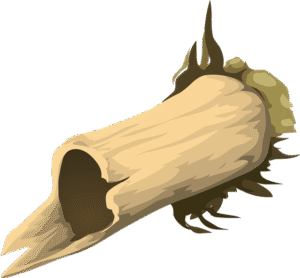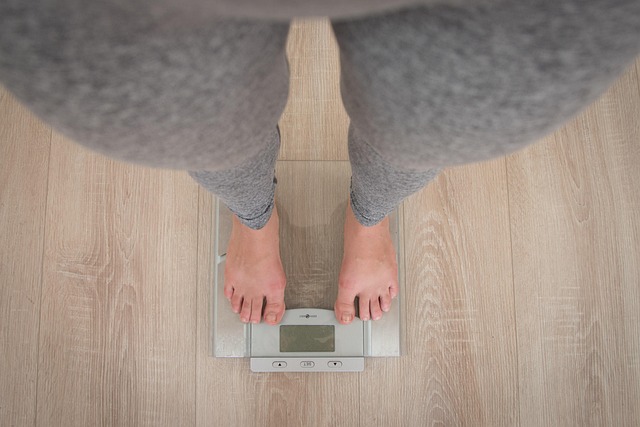Bone Fracture fast recovery
It is never enjoyable to break a bone. You’re going about your day one minute, and next you’re coping with pain, a cast, and the exasperating fact that you have restricted movement. It’s definitely a bummer. The good news is that our bodies have amazing healing capabilities! Even while nature handles the majority of the work, there are a number of things you can do to increase the likelihood that your bones will heal quickly and robustly.
Consider it this way: your broken bone is traveling toward full recovery. As the best travel agent, it is your responsibility to make sure it has everything it needs for a quick and easy journey.Comprehending the Healing Process of the Bone Let’s take a quick look at what’s going on inside before we get into the advice. Your body goes into overdrive the moment a bone breaks. Special cells enter after blood clots form to form a soft callus, which functions as a kind of natural splint. A hard callus (new bone tissue) gradually replaces this soft callus, and eventually your body remodels the new bone to restore its strength and smoothness. The type of fracture, your age, and your general health are some of the variables that affect how long this process takes. Your Quick Recovery Toolbox: Crucial Techniques So, how can you actively participate in this wonderful process of healing?

1. Strengthen Your Bones from the Inside Out: The Influence of Nutrition Your diet has a big impact on how quickly bones recover. Meal skipping and crash diets are not appropriate at this time. Building blocks are necessary for your body! The essential mineral for healthy bones, calcium is king (and queen!). Eat a lot of leafy greens (spinach and kale), dairy products (milk, yogurt, and cheese), fortified plant milks, and sardines. Calcium Conductor: Vitamin D Consider vitamin D to be your body’s tour guide to calcium, assisting in its efficient absorption and utilization. Consume meals like egg yolks, fortified cereals, and fatty fish (mackerel, salmon), or get some safe sun exposure. A supplement may also be suggested by your physician. Protein Power: It may surprise you to learn that your bones contain almost 50% protein by volume. Foods that are high in lean meats, poultry, fish, eggs, beans, lentils, and nuts are essential for bone repair and reconstruction. Vitamin C: The Generous Collagen: One essential protein that creates the structure for new bone is collagen. Vitamin C is abundant in bell peppers, broccoli, berries, and citrus fruits. Additional Micronutrients: Remember that zinc (found in beef, oysters, and pumpkin seeds), magnesium (found in nuts, seeds, and leafy greens), and vitamin K (found in broccoli and leafy greens) all support bone health.
2. Adhere strictly to your doctor’s orders! Although it may seem self-evident, this is the most important piece of advice. Your recovery experts are your physician and physical therapist. Immobilization is Crucial: The brace or cast isn’t merely decorative. In order for the bone to properly knit back together, it must remain stable. Delays in healing or even re-injury may result from resisting the temptation to remove it too soon. Weight-Bearing Instructions: Your doctor will provide you with detailed instructions on when and how much weight you can place on your foot or leg if you have a fracture there. Ignoring these can have serious consequences. Adherence to Medication: Take painkillers and other prescription drugs as indicated. Effective pain management enables you to rest and engage in essential tasks without experiencing agony.
3. Accept Mild Motion (When Allowed) For the shattered bone, immobilization is essential, but the rest of your body doesn’t have to stay still. Keep Other Limbs Active: To avoid stiffness if your arm is broken, move your fingers, shoulder, and neck gently (if not contraindicated). Physical therapy is beneficial to you. Physical therapy will be your guide to recovering range of motion, strength, and flexibility after your doctor gives the all-clear. Don’t neglect these meetings! They will help avoid long-term problems and are customized for your particular injury. Pay Attention to Your Body: An indication is pain. Stop a workout right away and speak with your doctor or therapist if it hurts.
4. Make Sleep and Rest a Priority Your body has to work hard to heal. It requires a lot of time to regenerate and restore. Good Sleep: Try to get seven to nine hours of good sleep every night. Growth hormones, which are essential for tissue regeneration, are released at this time by your body. Nap if Needed: If you feel exhausted during the day, don’t be scared to take quick naps.
5. Refuse to Smoke and Drink Too Much Alcohol Bone repair is hampered by these behaviors. Smoking: Nicotine narrows blood vessels, which lowers blood flow to the fracture site and causes healing to be considerably delayed. This is a great time to think about giving up smoking. Alcohol: Drinking too much alcohol can affect how well calcium is absorbed and how bones are formed. Alcohol should be avoided or used sparingly while you’re recovering.


6. Control Your Stress and Maintain Your Positive Attitude A positive outlook can actually have an impact. Prolonged stress might impede the healing process. Find Healthy Outlets: Spend time with loved ones, meditate or practice mindfulness, or take up a hobby that you can do despite your injury. It takes time to heal, so have patience. Both happy and frustrating days will occur. Remind yourself that you are making progress and acknowledge minor accomplishments.










